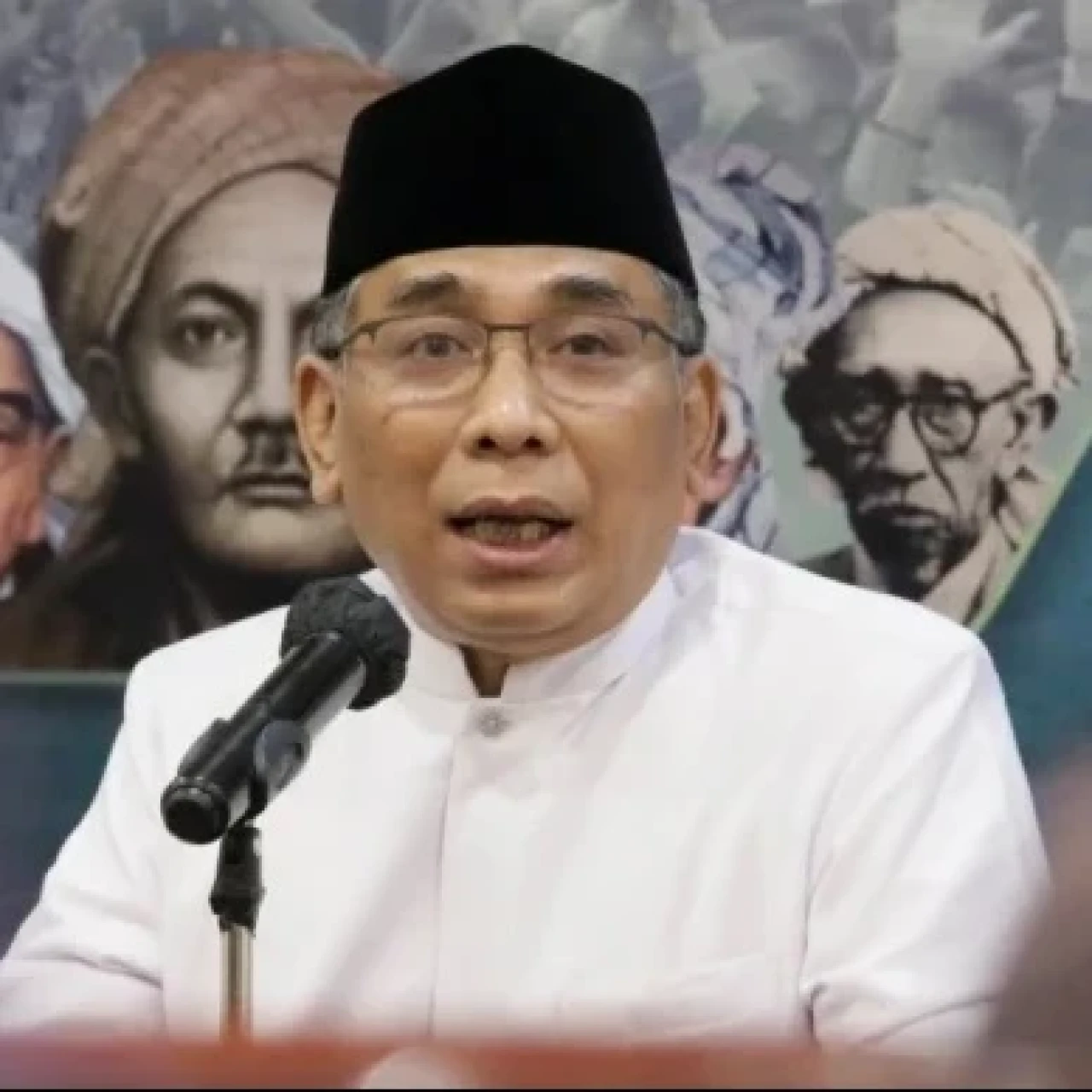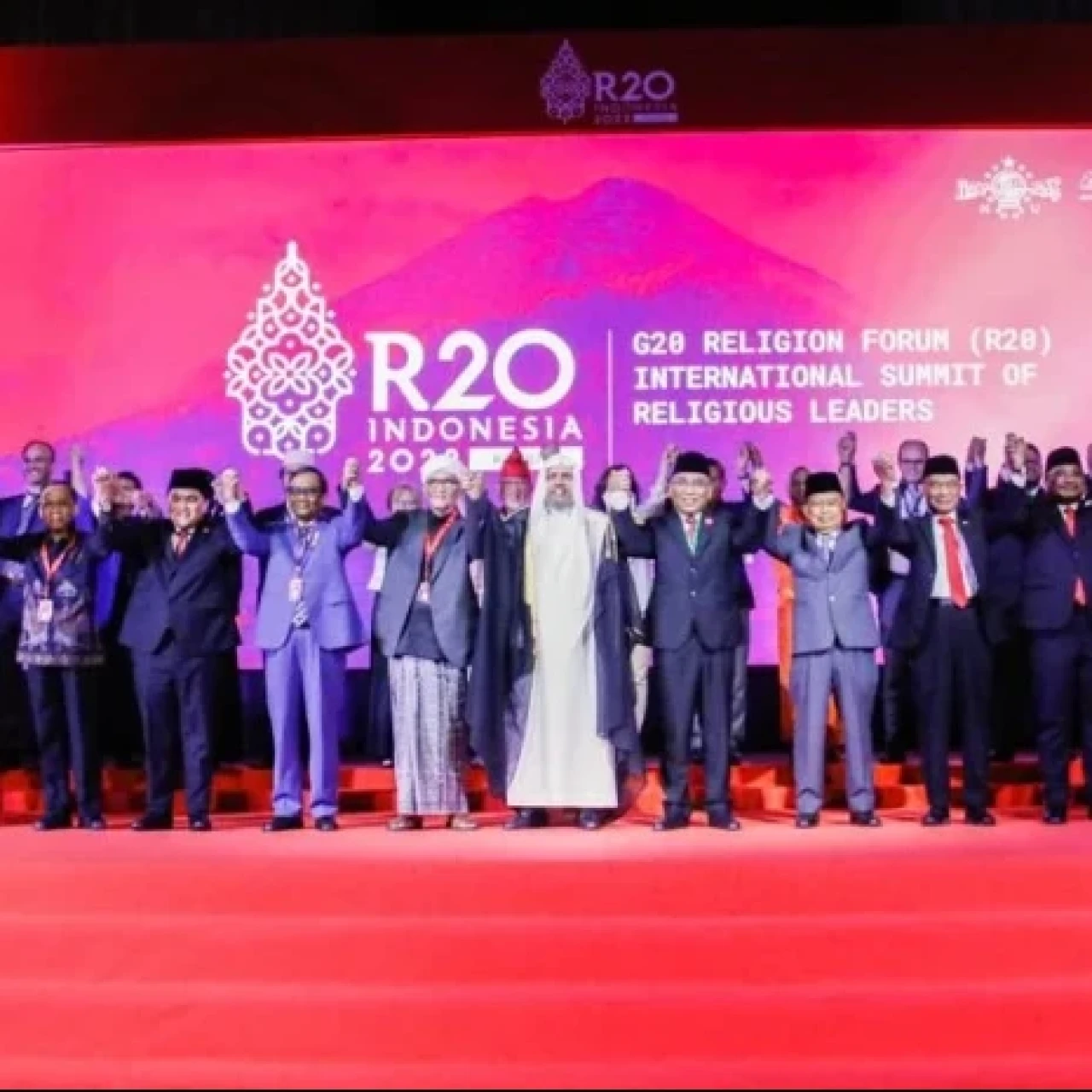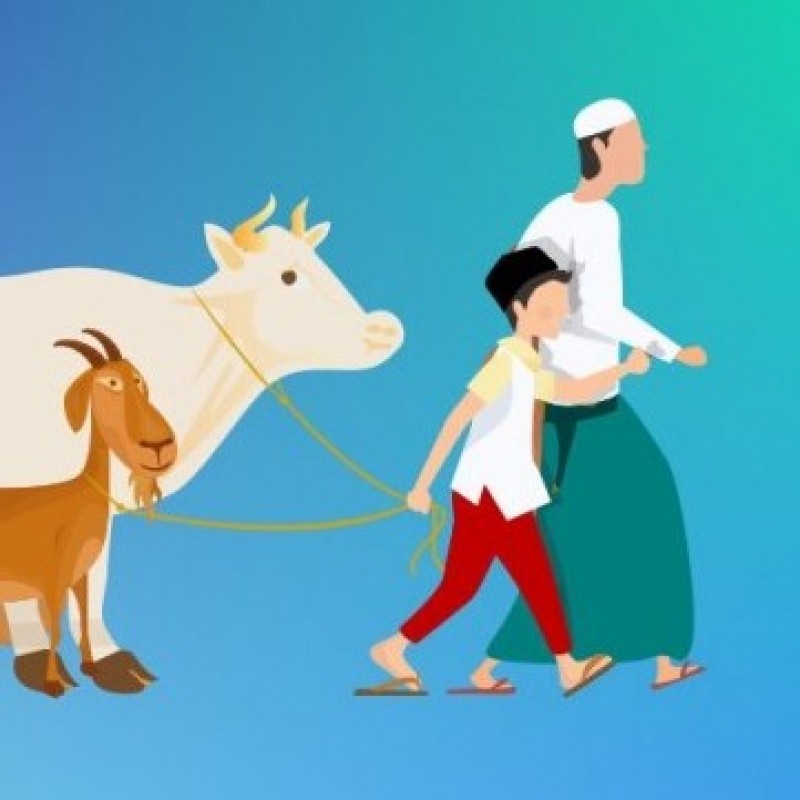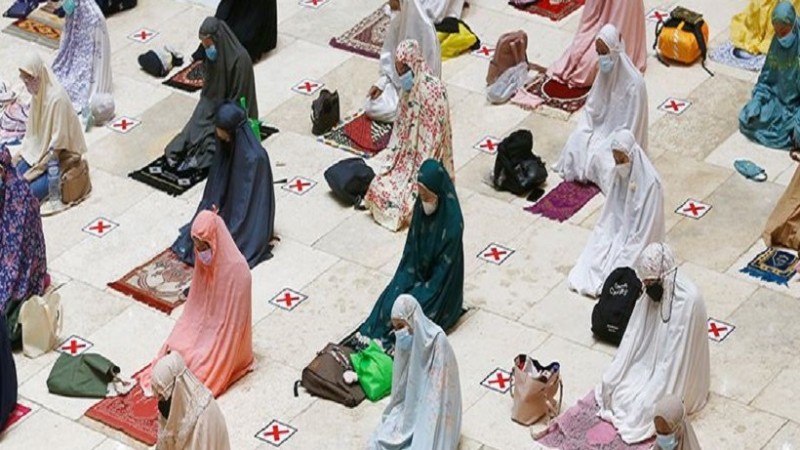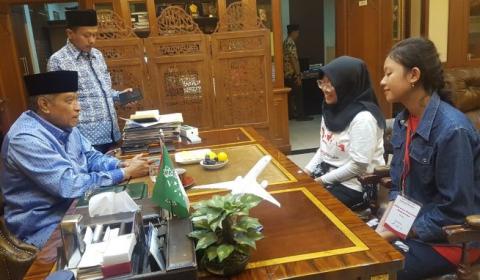The political advertisement on television launched by the Prosperous Justice Party (PKS) to commemorate the Youth Pledge Day last October was considered by the followers of Nahdlatul Ulama (NU) and Muhammadiyah to have stained the reputation and the dignity of the religious organizations' founding fathers, namely KH Hasyim Asy'ari and KH Ahmad Dahlan. In this regard, the ad was really to political interest in nature. Ideally, if the PKS has a good willingness for showing photographs of the prominent men as the source of inspiration for young generations, it should not base its ad on the figures in the name of party. As consequence the ad was fully littered with political interest.
Since their establishment or by referring to their initial principles (Khittah), NU and Muhammadiyah, the Indonesia's largest Muslim organizations, have not been political organizations. Rather, they have been such mass cultural organizations whose specifically orientation to education and dakwa (preaching). Sine the beginning, both Hadrotus Sheikh KH Hasyim Asy'ari and KH Ahmad Dahlan have had no such political orientations except in dealing with education and preaching. (Nakamura 1989, Bowen 1985)<>
KH Abdurrahman Wahid (Gus Dur) as the grandson of KH Hasyim Asy'ari ever narrated that at that time President Soekarno called his adjutant to come to the NU founder's home to ask where would the journey of the republic be directed? Hadrotus Sheikh then told the Soekarno's adjutant that the matters in politics were in the hand of Soekarno in Jakarta. At this point it is clear that since the beginning Hadrotus Sheikh and also KH Ahmad Dahlan have paid no such more attention to practical politics. The two were purely ulema that did not want to be trapped into practical politics.
As narrated by Martin van Bruinessen (1999), the brightness of intellectuality of both KH Hasyim Asy'ari and KH Ahmad Dahlan could be seen as they were studying in Mecca. In the meantime, the two often read the Urwatul Wustho magazine, a magazine focusing more on Islam renewal, initiated by Jamaluddin Al Afghani. The Egypt-based magazine reached and was popular in Mecca and was commonly read by Indonesian students studying in the Holy City. The flow of the Islam renewal was then disseminated by the two prominent men in Indonesia by initiating the establishment of such organizations as NU and Muhammadiyah.
Looking at the historical facts, it is really regrettable if the photographs of the great ulema are considered icons for political advertising. The ad has made NU and Muhammadiyah followers disappointed because the religious orientations of PKS are strongly not the same as the ones of NU and Muhammadiyah that tend to be cultural and more grassroot oriented. Otherwise the PKS is an urban Muslim phenomenon. (Imdadun, 2005).
In addition to looking at the differences between PKS and NU-Muhammadiyah in dealing with Islam if seen from sociological structure as urban Muslim (PKS) and rural Muslim (NU-Muhammadiyah), there have also been other strongly differences especially dealing with issues on polygamy that is commonly criticized by feminism activists. By the reasons of preaching (dakwa) that polygamy is permissible in Islam, the PKS has structurally and even in the grassroot level supported polygamy than monogamy. While the religious orientation has now really been strange especially for NU and Muhammadiyah community.
At this point, if the PKS regarded KH Hasyim Asy'ari and KH Ahmad Dahlan as icons in its ad, what would likely be worried is that the image of PKS for supporting polygamy would characterize the national figures as if the religious values adopted by NU and Muhammadiyah are alike. Whereas they are very different in nature. Similarly in dealing with other traditions. Here is the center of disappointment of NU and Muhammadiyah followers as watching the PKS ad on television.
The PKS ad publicly shows that it has lost its internal leaders so that the Islamic party has the courage to use other Islamic figures whose really different traditions. PKS as an Islamic party has likely experienced a vacuum from charismatic leaders being capable of accommodating mass. On the contrary such political parties as the National Awakening Party (PKB) and the National Mandate Party (PAN) may mention their own figures though between PKB-PAN and NU-Muhammadiyah there have really been clear demarcation lines, namely political party and organization.
So far the PKS has likely tended to look for charismatic ulema that can expectedly attract a considerable electoral group especially from Islamic community. The strategy in some aspects has successfully been taken by the Islamic party in which it has involved certain figures whose similar lines of thought. But majority of the influential figures has rejected to join the party because of two things. Firstly, they have different Islamic orientations. Secondly, the figures have since the beginning been committed not to involved themselves in practical politics and stay loyal to other Islamic parties commonly representing their (religious) traditions.
In this respect, the 'message' of PKS ad fully littered with political interest could easily be traced through at least three points. Firstly, PKS has now had a very serious leadership vacuum of charismatic figures within society. Secondly, PKS has a willingness to be able to attract Muslim voters especially Muslim young generations having no such adequate understanding about history. Thirdly, the self-confidence of PKS as an Islamic party so that it could use figures of NU and Muhammadiyah. Ideally, if the PKS has a wave of self-confidence, it could use its own figures.
What is to say is that the PKS should, again and again, be more careful in undertaking its political machines. At this point, it should be capable of separating true Islamic orientations from political ones. KH Hasyim Asy'ari and KH Ahmad Dahlan are pure Islamic men in the sense of true ulema devoting themselves not to practical politics. While through its ad, as if the PKS has considered the two prominent ulema Islamic political figures. Whereas through its controversial ad, the PKS has plunged the two into such acceptable practical politics.
While if the PKS uses Mohammad Natsir as icon in its political ad for instance, it is tolerable enough because Natsir himself is one of the Islamic political men and could likely be named as the party's figure. But at the same time, PKS, again, must review as mentioning KH Hasyim Asy'ari and KH Ahmad Dahlan in its ad as figures for its practical political purposes. Unfortunately the PKS has done all this because its ad on television has also widely been watched by almost all of NU and Muhammadiyah followers throughout the country. All this has, admitted or not, made true followers of both NU and Muhammadiyah disappointed.
The writer is researcher at the Kantara Research Indonesia
Terpopuler
1
Khutbah Jumat: Ramadhan dan Kesempatan yang Tidak Selalu Terulang
2
Innalillah, Ulama Mazhab Syafii asal Suriah Syekh Hasan Hitou Wafat dalam Usia 83 Tahun
3
Kultum Ramadhan: Lebih Baik Sedikit tapi Istiqamah
4
Khutbah Jumat: Ramadhan, Melatih Sabar, Memperkuat Syukur
5
Keluar Mani yang Tidak dan Membatalkan Puasa
6
Khutbah Jumat: Tiga Kebahagiaan Orang Puasa
Terkini
Lihat Semua




